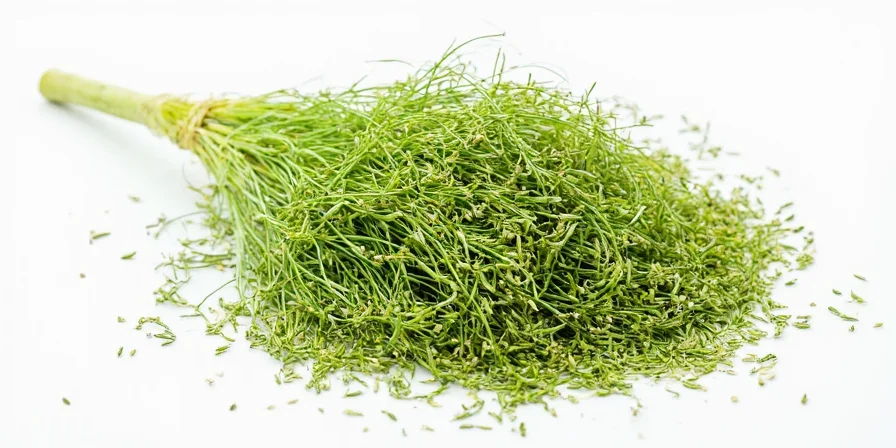The Aromatic World of Fennel Seeds: A Comprehensive Guide
Fennel seeds, often overlooked in the spice cabinet, hold a treasure trove of flavor, health benefits, and culinary versatility. This blog aims to explore everything you need to know about fennel seeds, from their origins to their uses in cooking, health benefits, and more.
What Are Fennel Seeds?
Fennel seeds come from the flowering plant Foeniculum vulgare, which belongs to the Apiaceae family. Native to the Mediterranean region, fennel is cultivated for its aromatic seeds and bulbous stalks. The seeds have a distinct flavor reminiscent of anise or licorice, making them a popular choice in various culinary traditions.
The History of Fennel Seeds
The use of fennel seeds dates back to ancient civilizations. Here’s a brief timeline:
- Ancient Egypt: Fennel was used by the Egyptians for its medicinal properties.
- Greece and Rome: Both cultures valued fennel as a spice and as a health tonic.
- Medieval Europe: Fennel was believed to ward off evil spirits and was often used in spells.
Flavor Profile of Fennel Seeds
Fennel seeds are characterized by their sweet, aromatic flavor with hints of anise and licorice. The taste can vary slightly based on whether the seeds are whole or ground:
- Whole Seeds: Retain their flavor for a longer time and are often used in pickling and spice blends.
- Ground Seeds: Release their oils quickly, making them an excellent addition to baked goods and sauces.
Health Benefits of Fennel Seeds
Fennel seeds are not only flavorful but also packed with health benefits:
| Health Benefit | Description |
|---|---|
| Digestive Health | Fennel seeds are known to alleviate bloating and gas. |
| Antioxidant Properties | Rich in antioxidants, fennel seeds combat oxidative stress. |
| Hormonal Balance | May help regulate menstrual cycles due to phytoestrogens. |
| Respiratory Health | Can help relieve symptoms of respiratory disorders. |
How to Use Fennel Seeds in Cooking
Fennel seeds can be used in a variety of ways:
1. Spice Blends
Add fennel seeds to spice blends like Garam Masala or Chinese Five Spice.
2. Baking
Incorporate ground fennel seeds into bread or pastry dough for a unique flavor.
3. Pickling
Whole fennel seeds can enhance pickled vegetables.
4. Infusions
Steep fennel seeds in hot water to create a soothing tea.
Fennel Seeds in Different Cuisines
Fennel seeds are used globally, each culture highlighting its unique flavor:
- Indian Cuisine: Used in curries, spice mixes, and as a mouth freshener.
- Italian Cuisine: Featured in sausages and sauces.
- Middle Eastern Cuisine: Commonly used in breads and pastries.
Storing Fennel Seeds
To keep fennel seeds fresh and flavorful, store them in an airtight container in a cool, dark place. Whole seeds can last for up to 6 months, while ground fennel should be used within 3 months for optimal flavor.
Fennel Seed Recipes
1. Fennel Seed Tea
Ingredients:
- 1 teaspoon fennel seeds
- 1 cup boiling water
Instructions:
- Crush the fennel seeds lightly.
- Steep in boiling water for 10 minutes.
- Strain and enjoy!
2. Spiced Fennel Bread
Ingredients:
- 3 cups all-purpose flour
- 1 tablespoon fennel seeds
- 1 packet yeast
- 1 cup warm water
- 1 tablespoon sugar
- 1 teaspoon salt
Instructions:
- Mix warm water and sugar, then add yeast.
- Combine flour, salt, and fennel seeds in a bowl.
- Add the yeast mixture and knead until smooth.
- Let rise, shape, and bake at 375°F for 30 minutes.
Conclusion
Fennel seeds are a versatile spice that can enhance both flavor and health. Their unique taste, combined with numerous health benefits, makes them a valuable addition to any diet. Whether you're brewing a soothing tea or adding depth to your favorite dishes, fennel seeds are sure to enchant your palate.











 浙公网安备
33010002000092号
浙公网安备
33010002000092号 浙B2-20120091-4
浙B2-20120091-4